An Entangled Relationship: A Lived Religion Approach to Theravāda Buddhism and Economics
DOI:
https://doi.org/10.5281/zenodo.3238207Keywords:
Buddhism and economics, Thailand, Max Weber, Media, TourismAbstract
From the perspectives of lived practices of Buddhists, Theravāda Buddhism and economics have a deeply intertwined relationship. My proposed theoretical method for the study of Buddhism and economics delineates two approaches: the doctrinal approach of Max Weber and a modified lived religion approach. The doctrinal approach, which focuses on Buddhist texts and the early monastic life, treats anything outside of a posited “pure Buddhism,” as a transformation of the “original” teachings into something new and different. The remnants of this idea of transformation can be seen in studies of Theravāda Buddhism, causing economic practices involving Buddhist monks to be analyzed as a deviation from the Buddha’s teachings. I propose moving beyond early Buddhism and text-based studies as a baseline for comparison by offering as an alternative a modified version of the lived religion method of Meredith McGuire. My theoretical modifications to this approach allow us to think about lived religion in the Theravāda Buddhist context. I recommend that the cultural logic of Theravāda Buddhism, in particular the economy of merit and contingent conjunctures of engagements with the market, need to be considered in order to avoid understanding Buddhist connections with the economy as a transformation of Buddhist doctrine.Downloads
Published
Issue
Section
License
Copyright (c) 2019 Brooke Schedneck

This work is licensed under a Creative Commons Attribution-NonCommercial-NoDerivatives 4.0 International License.





